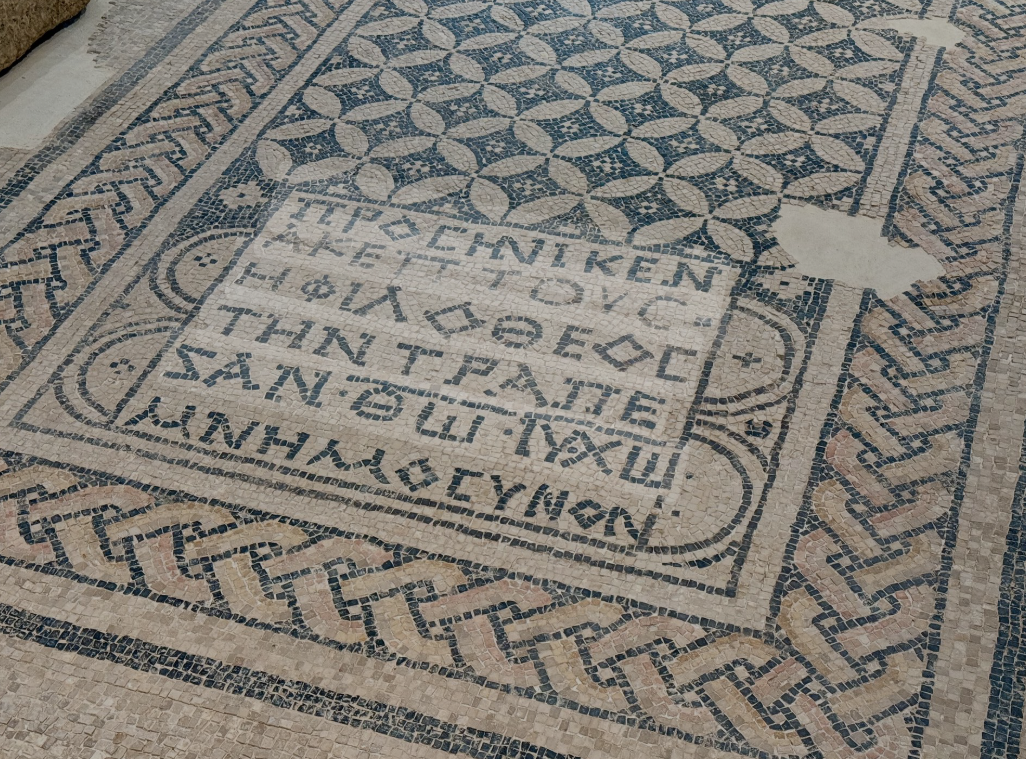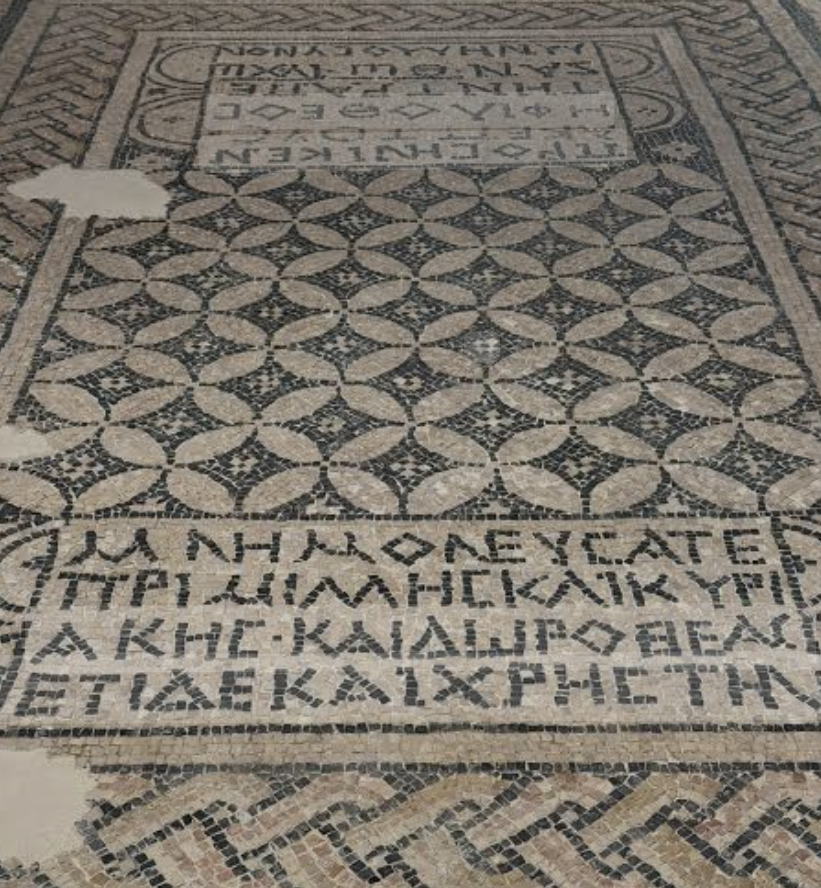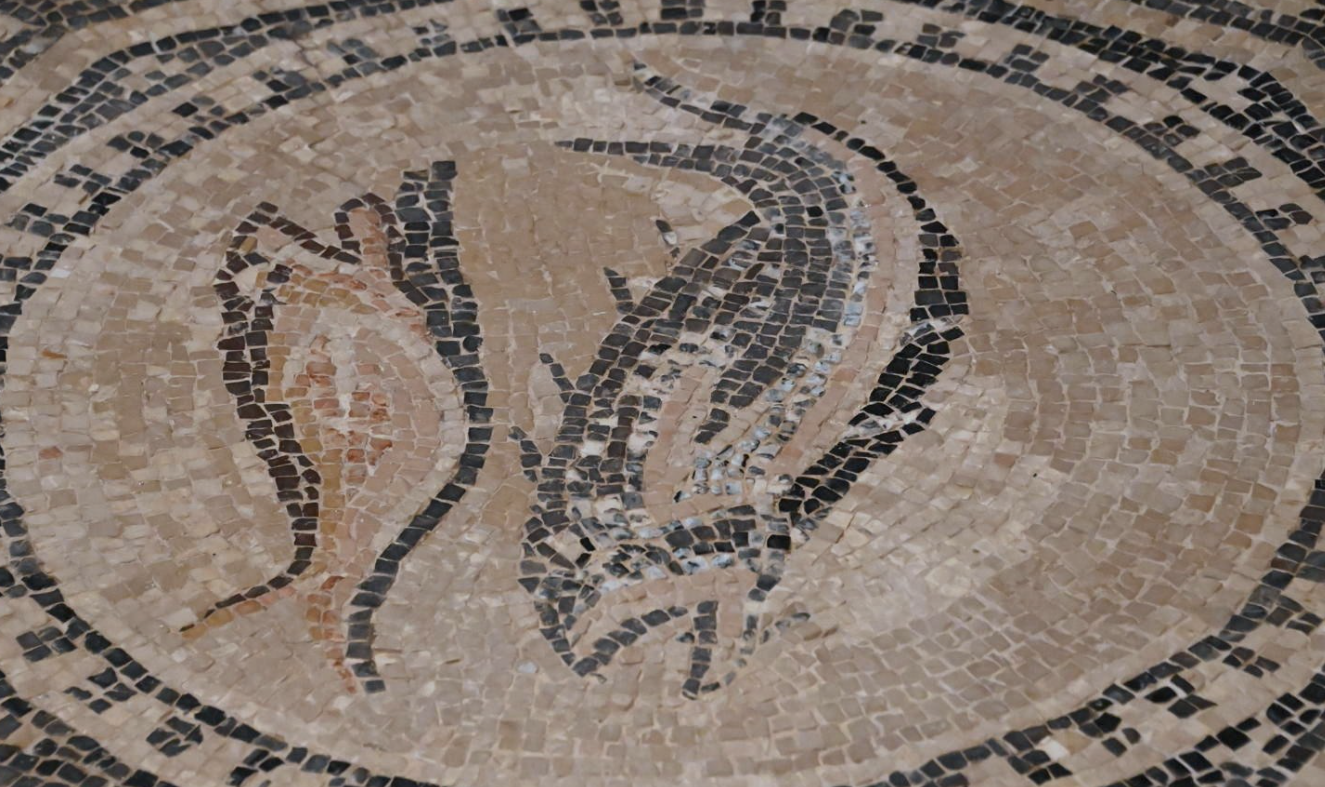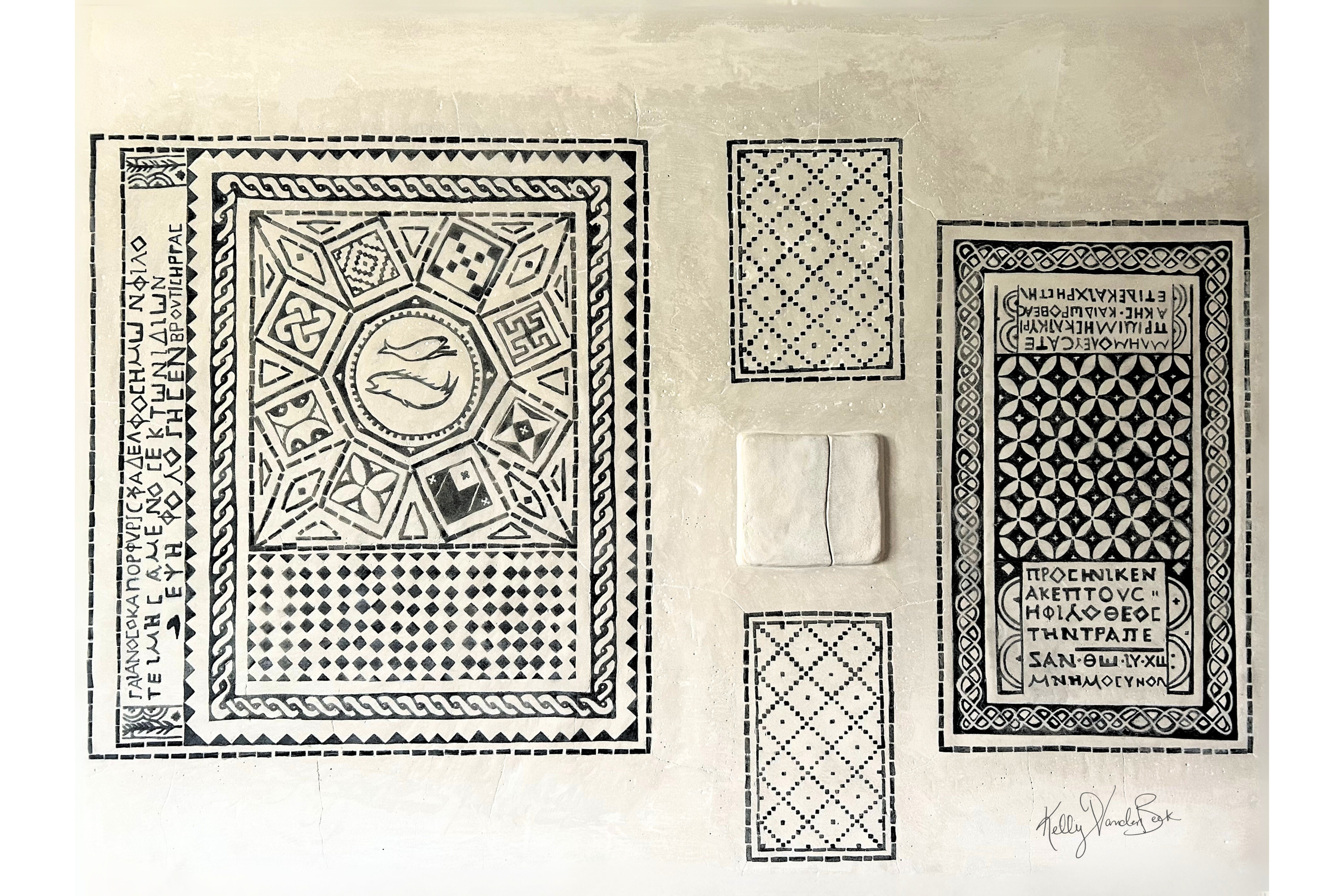The Ancient Megiddo Discovery
In 2005, archaeologist Yotam Tepper made what experts call "one of the most important discoveries made in Israel this century" at the Megiddo Prison site, 1.8 miles south of Tel Megiddo in northern Israel. The discovery revealed a 3rd century Christian worship hall containing three pristine mosaic inscriptions that provide unprecedented insight into early Christianity.
This remarkable find dates to approximately AD 230, when Christianity was still an illegal religion under Roman rule. The worship hall belonged to officers of the Roman Legio VI Ferrata ("Sixth Ironclad Legion") and contained a communion table surrounded by mosaic panels with Greek inscriptions. When the building was abandoned in the late 3rd century, someone carefully preserved the mosaics by covering them with pottery sherds and wall plaster, protecting them for nearly 1,800 years.




